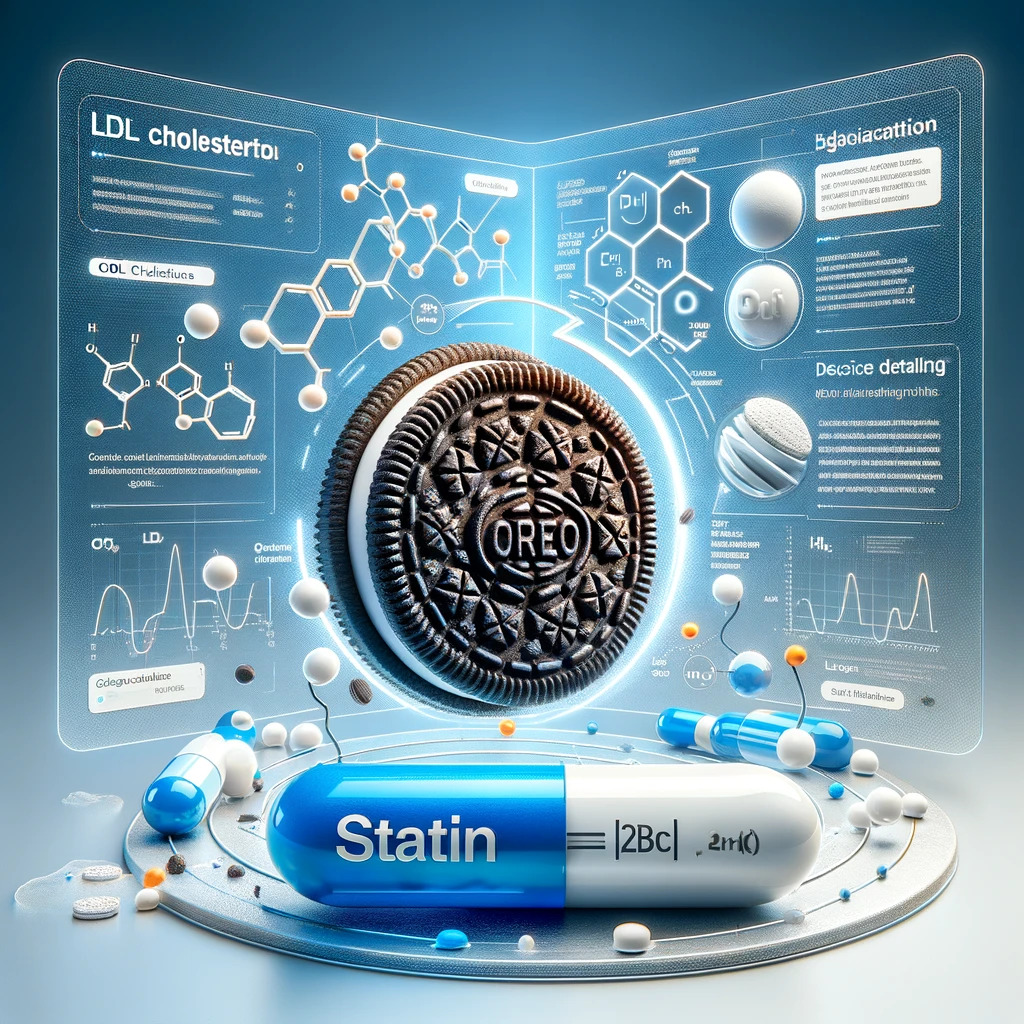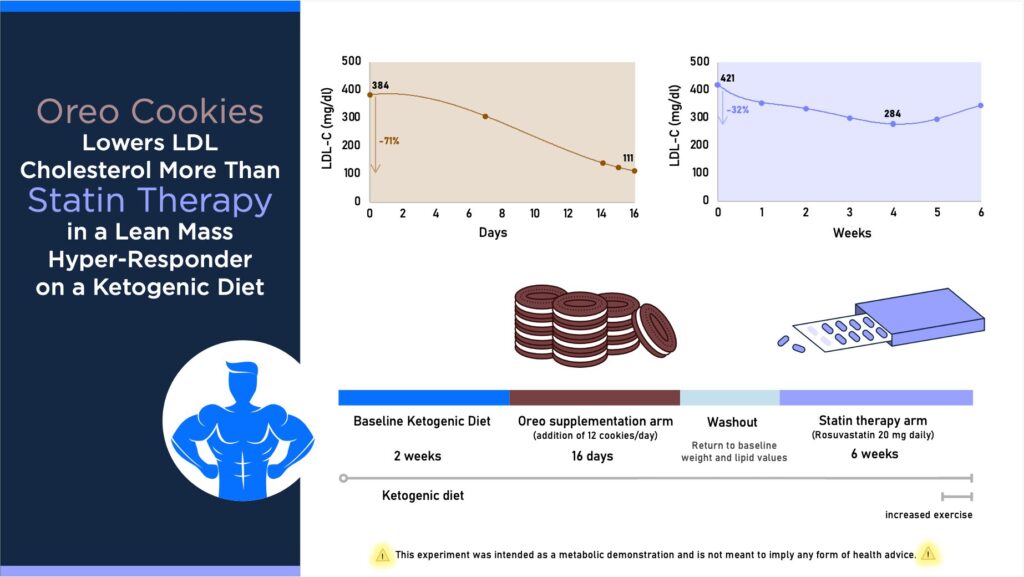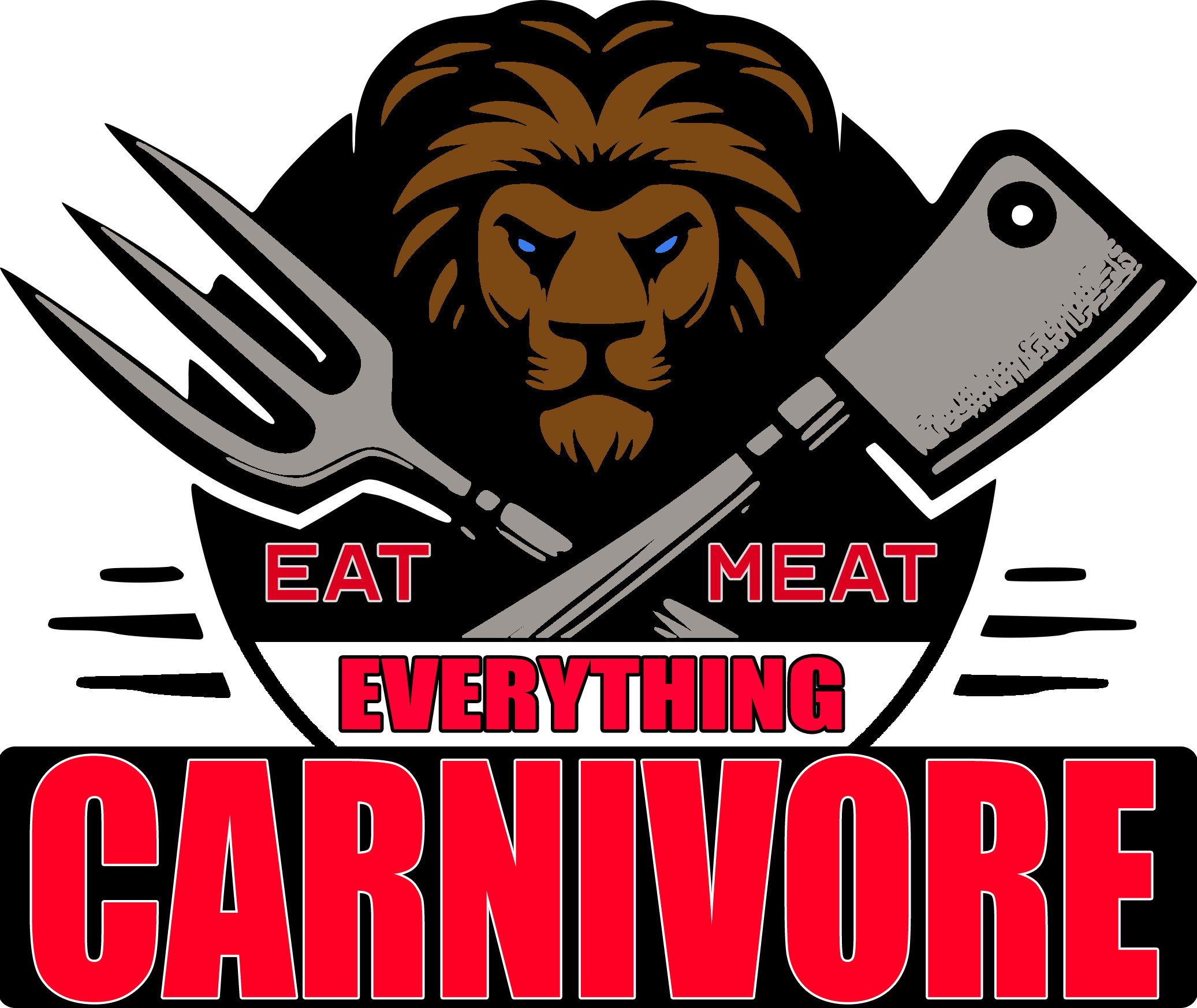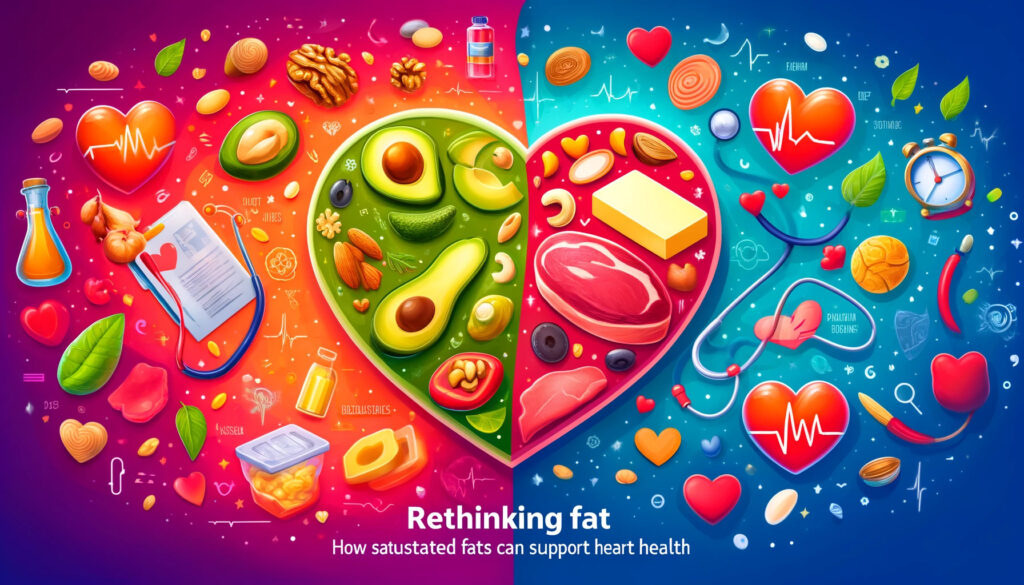Oreos vs. Statins: A Sweet Twist on Cholesterol Management

With the current state of our medical system continuously lowering the age of its victims to push (sell) more and more statins to the public; we have a recent, interesting study shedding more light on how ignorant our mainstream physicians are on what exactly LDL is and does.
The recent study that has garnered much attention in the field of nutrition and medicine pertains to the effects of Oreo cookies compared to statins, specifically in relation to lowering LDL cholesterol levels. This study is particularly intriguing as it compares a widely known and consumed processed food product against a well-established pharmaceutical intervention in the management of cholesterol levels.
LDL cholesterol, often referred to as “bad” cholesterol, is by some physicians considered a critical factor in the assessment of cardiovascular health. Elevated levels of LDL cholesterol have been weakly associated with an increased risk of heart disease and stroke albeit much less than sugar/carbs, or smoking by a factor of 10x. Statins, the most commonly prescribed class of drugs to reduce LDL cholesterol, function by inhibiting an enzyme in the liver that is crucial for the production of cholesterol.
In contrast to statins, dietary interventions have also been a focal point in managing cholesterol levels. The ketogenic diet, a low-carbohydrate, high-fat diet, has been popular for weight loss and has been shown to have various effects on cholesterol levels. In this specific context, the study focused on a subset of individuals following this diet, known as “Lean Mass Hyper-Responders” (LMHR). These individuals typically experience an increase in cholesterol levels, possibly due to enhanced fat metabolism and reduced glycogen stores in the liver.
The study’s primary aim was to investigate whether a sudden increase in carbohydrate intake, in this case through the consumption of Oreo cookies, could have a more significant impact on lowering LDL cholesterol than statin medications in LMHR individuals. Oreos were chosen for their high carbohydrate content and their universal recognition as a processed high-sugar snack food. The study posited that the increase in carbohydrates would replenish the liver’s glycogen stores, leading to a reduction in the liver’s need to produce VLDL (very low-density lipoprotein), which is a precursor to LDL cholesterol.
The methodology of the study was meticulous and involved several phases. Initially, the subject adhered to a strict ketogenic diet to establish a baseline for cholesterol levels. Following this, the Oreo consumption phase was initiated, where the subject integrated a specific quantity of Oreos into their diet while maintaining other aspects of the ketogenic diet. This phase was designed to observe the direct impact of increased carbohydrate intake on cholesterol levels. After the Oreo phase, a washout period was included to allow the subject’s metabolic parameters to return to their baseline state.
Subsequently, the statin phase commenced, where the subject was administered a standard dose of Rosuvastatin, a commonly used statin, for six weeks. This duration was chosen based on the medication’s half-life and the time required to achieve a steady state in the body. Throughout the study, regular lipid panels were conducted to monitor changes in cholesterol levels, particularly focusing on LDL cholesterol.
One of the striking aspects of this study is the unconventional choice of using Oreos as a dietary intervention. This choice was not only due to their carbohydrate content but also as a means to draw attention to the study and its findings. The researchers were candid about their intent to use the “shock value” of Oreos in a scientific study to garner interest and potentially secure funding for further research in this area.
The results of this study indicated that for individuals classified as LMHR, the incorporation of Oreos in the diet led to a more significant reduction in LDL cholesterol levels compared to the subsequent statin intervention.
The Oreos brought down the LDL from 384 to 111 or 71% in just 16 days whereas the Statin lowered the LDL from 421 to 284 or just 32% taking 6 weeks!
These findings suggest that in specific contexts, particularly in individuals with unique metabolic responses such as LMHRs, dietary interventions could play a crucial role in managing cholesterol levels, potentially even surpassing the efficacy of standard pharmaceutical approaches.
However, it is critical to approach these findings with a degree of caution. The study was highly specific, both in terms of its subject group and the intervention used. The results are not readily generalizable to the broader population, especially given the unique metabolic characteristics of LMHR individuals. Additionally, the long-term health implications of such a dietary intervention remain unclear, especially considering the processed and high-sugar nature of Oreos. Further research is needed to understand the broader applicability of these findings and to explore the mechanisms underlying the observed effects.
In conclusion, this study opens up intriguing possibilities for the role of diet in managing cholesterol levels (and much faster than previously thought), particularly in specific subgroups of individuals. It challenges conventional wisdom regarding dietary choices and their impact on health and underscores the need for personalized approaches in nutritional science and medical treatment. The comparison of Oreos and statins in this context serves as a compelling example of how traditional dietary paradigms are continually being questioned and re-evaluated in light of emerging scientific evidence.
Here is the link to the video of this study with Dr. Berry, Nick Norwitz. and Dr. William Cromwell.
Here is an updated video from the scientist who did the study.. short video, good to watch!https://www.youtube.com/watch?v=L1mMnnyJrgk








Responses